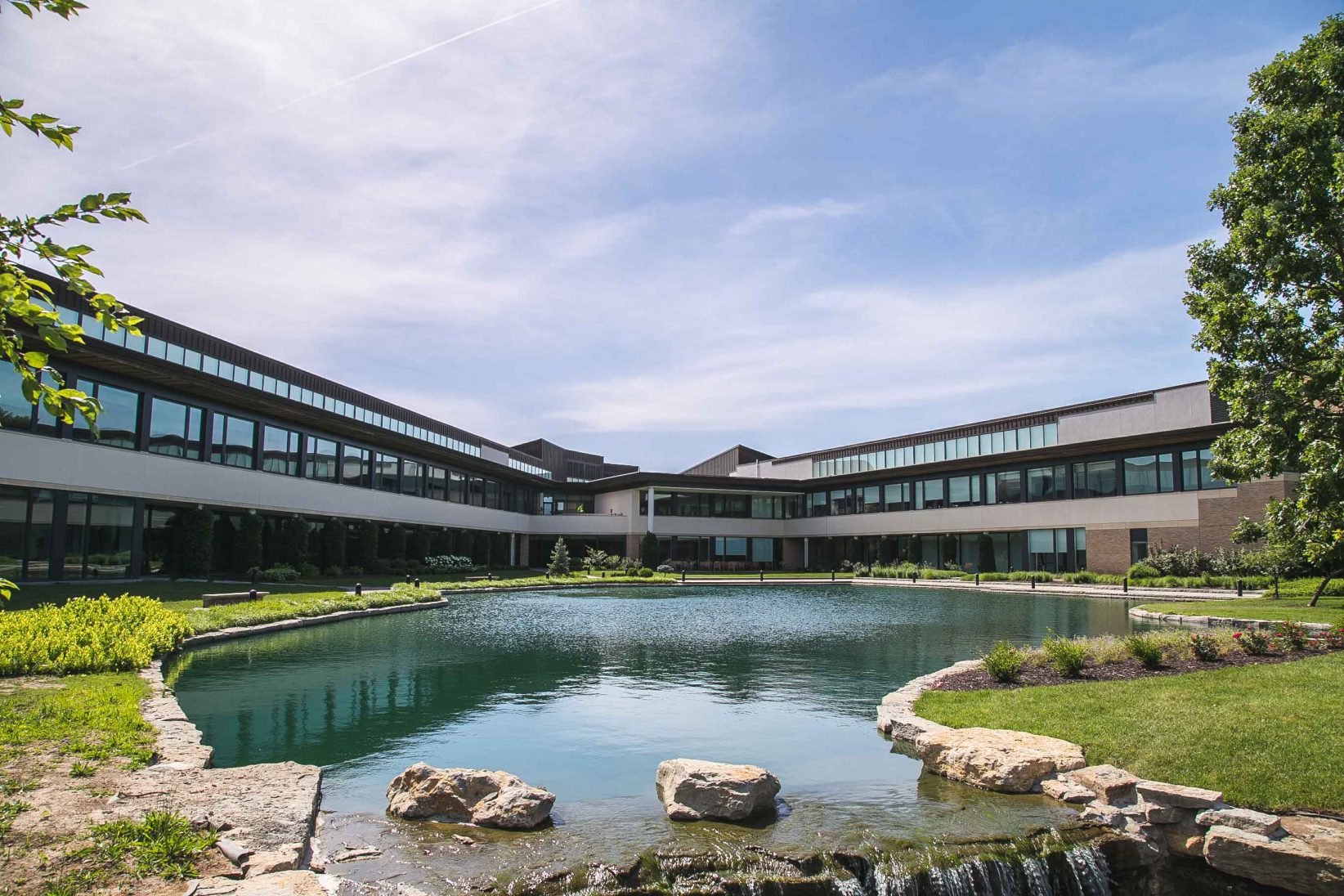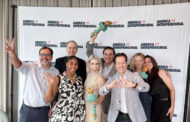What does startup community success look like?
Often one hears buzzwords like “vibrant,” “supportive” and “close-knit” — standards by which nearly any community can label itself successful.
But since it’s nearly impossible to objectively measure those terms, a startup community’s success is instead frequently evaluated through funding and exits. That ignores the fact that most startups will never see a venture capital dime, overlooking the lion’s share of firms currently in operation.
There’s a better way to measure success, according to the Ewing Marion Kauffman Foundation. The foundation recently released its first-ever “Index of Growth Entrepreneurship,” which ranks the nation, states and 40 most-populated metros by employment and revenue numbers. The index also provides statistics for how states and metros would have scored in 2014.
Overall, Kansas City came in at No. 24 out of 40 metros for both 2014 and 2015. Despite measuring up to the same spot for a second year, the area saw changes in all three growth categories.
Let’s look at how Kansas City performed in the index’s three key metrics: rate of startup growth, share of scaleups and high-growth company density.
The City of Fountains increased its startup growth rate by 13.6 percent, from 40.8 percent in 2014 to 54.4 percent in 2015. The startup growth rate looks at the average change in number of employees five years after startups’ founding.
The number of Kansas City startups significantly contributing to job creation also increased. There are slightly more startups that have scaled to employ fifty or more employees in 2015, with the rate growing from 1.73 to 1.81 percent.
Finally, the city’s high-growth company density has fallen from an index of 90.2 last year to 87.4 this year. That means there are fewer private businesses with at least $2 million in annual revenue that grew revenue at least 20 percent a year for three consecutive years.
For state rankings, Kauffman split states into “larger” or “smaller” categories according to population. In the larger state category, Missouri ranked No. 22 — moving up from No. 23 in 2015. In the smaller state category, Kansas ranked No. 7 — losing a spot from 2015’s No. 6 rank.




































